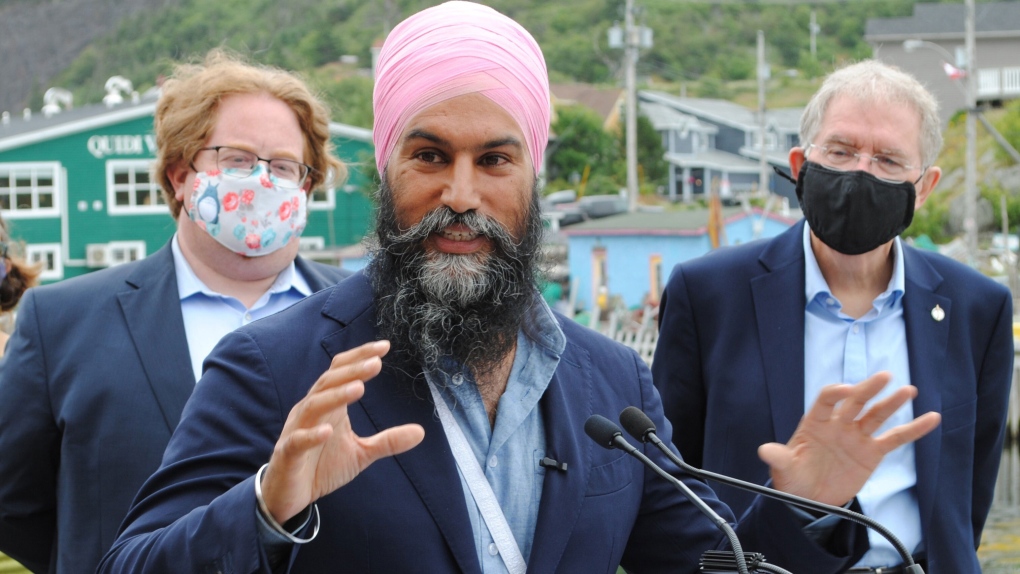Not a useful comparison. Public schools were created to educate children, not to get them out of mom and dad's hair so they could work the family farm without the child labour underfoot. Obviously, since schools have custody of children for only about 6 hours a day schools were never meant as pseudo-daycare, although parents undeniably sometimes treat schools as such.
How many people have kids, and then one parent stays home until the kid goes to school? With things like after school programs, it makes working feasible.
Even 7 or 8 years of formal education involved a cost commitment not within the means of most people; the time commitment alone was a burden (consider earlier days, when dropping out to work in a family enterprise, or just start working, was more common). The proposition that early childhood education (ECE) will help kids is not well-supported; what is observed is a few years of advancement until kids hit their natural aptitude limits (usually by late elementary school age). People who truly mean to help kids achieve full potential should be shoveling money at Gr 11/12 programs, but instead some are gutting anything that might promote excellence.
I don't disagree, it's up to the provinces to want to do that though.
I suppose that to the leading classes who want what they have for their own children and are paying for private schools and lessons in this/that/the other, that serves a purpose by lessening competition for limited positions on the ladder rungs to high achievement in life.
for schools? Sure. But let us be frank, the daycare a kid goes to does not determine where they end up in life.
So private orpublic doesn't factor in here at all.
The idea that there's no "choice" if a public option isn't available is vacuous. There are many things in life for which no public option is available.
Correct. And I would say that things without a public option in life is one less choice for people in life.
Most people who want to work have managed to make their arrangements. More public funding for child care will help a few people at the margins (eg. single parents),
data in Quebec shows a whopping 19 percent female work participation rate increase from 1996 compared to 4 percent in Ontario.
that's not a few, that's not at the margins, that's hundreds of thousands of people in Quebec, and millions across Canada. And assuming a lot of these people couldn't afford 30-60 dollars a day for childcare because they didn't earn enough to make it worthwhile, that's a lot of lower and middle income individuals as well.
Not to mention all the tax dollars from these people earning money and being productive in the economy.
I disagree wholeheartedly with this assessment of yours, the data doesn't back that up.
but mostly it's a vote buyer: people already paying for child care are hoping to pay less for it. They are mostly middle class people, and the middle class is where the votes are. The middle class is also where the tax revenues mostly are. It's the political happy space: buying votes with people's own money. This isn't going to be a free lunch, although as with social security in the early years, there will be some immediate "winners" (people with children) and "losers" (people who already paid their own way). There will continue to be a slight transfer of wealth away people with no or fewer children to people with more. The transfer will, unfortunately, be regressive. There will be people with plenty of money who benefit at the expense of people who choose to care for their children at home.
The data disagrees with this.
It will all become more costly. Parents already believe (almost uniformly) that child care is too expensive. It is reasonable to guess that if the solutions mean more publicly run daycare instead of just cheques to parents, compensation will creep up and there will be more administrative overhead.
Costs have not skyrocketed in Quebec.
Everyone is acting like this is a brand new program and it's effects are unknown.
It's not brand new, Quebec has been running this for 25 years now, the effects are known.







